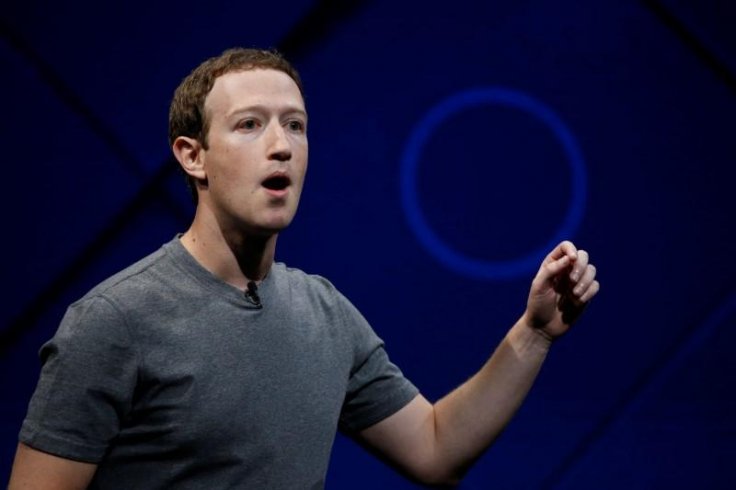
Twitter CEO Jack Dorsey announced on Wednesday that it was going to ban political ads starting late next month, in a bid to ramp up pressure on Facebook CEO Mark Zuckerberg. However, Zuckerberg isn't backing down. As previously reported, Dorsey posted a series of tweets on Wednesday, Oct. 30, announcing his decision to ban all political ads amid recent controversy over social media platforms promoting ads that spread inaccurate information and allow politicians to pay to spread deliberate lies.
"We believe political message reach should be earned, not bought," Dorsey tweeted, taking aim at Facebook and Zuckerberg, who has recently come under intense scrutiny this month for allowing Trump's re-election campaign to run an ad containing false information about former Vice President Joe Biden and his son.
Last week, Zuckerberg was grilled in a congressional hearing over Facebook's ad policies and its lack of interest in fact-checking political advertisements. However, the Facebook CEO isn't budging. During the company's earnings call, he defended Facebook's decision to allow ads that contain inaccurate information.
"Some people accuse us of allowing speech because they think all we care about is making money, and that's wrong," Zuckerberg said. "I can assure you that from a business perspective, the controversy this creates far outweighs the very small percentage of our business that these political ads make up." He revealed that according to company estimates, earnings from ads posted by politicians will make up less than 0.5% percent of its revenue next year.
Zuckerberg also pointed out that Google, YouTube, as well as some cable networks and national broadcasters were running the same ads. "I think there are good reasons for this," he noted. "I don't think it's right for private companies to censor politicians and the news." Judging by his remarks, it doesn't look like Facebook has any plans to back down on the issue amid the ongoing controversy and will instead frame its stance as a matter of free speech.
Facebook recently agreed to pay a $500,000 fine over its over its involvement in the controversial Cambridge Analytica scandal, which found the company illegally harvesting users' data without their consent.









